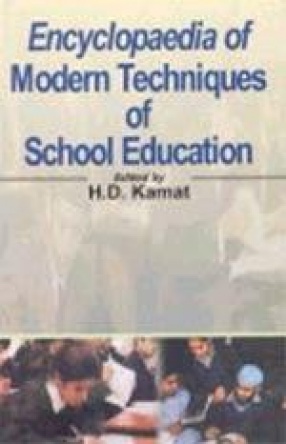
Showing all 10 books
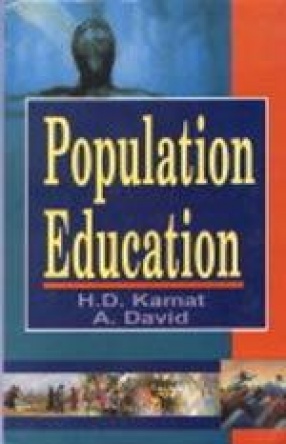
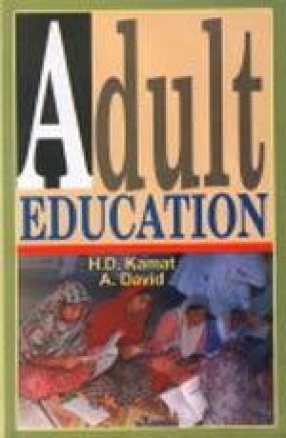
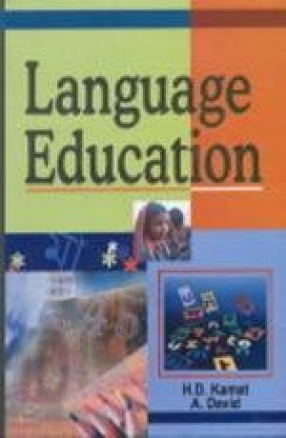

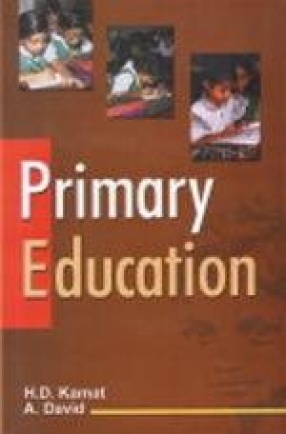
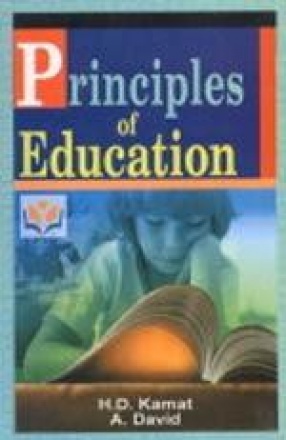
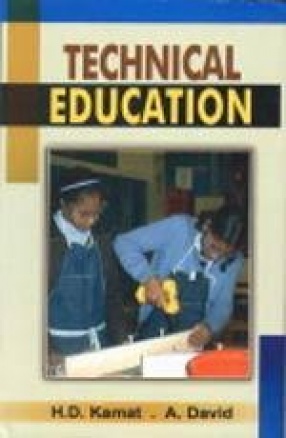
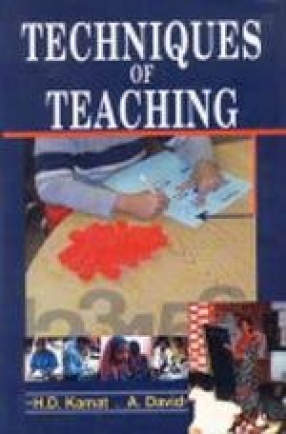
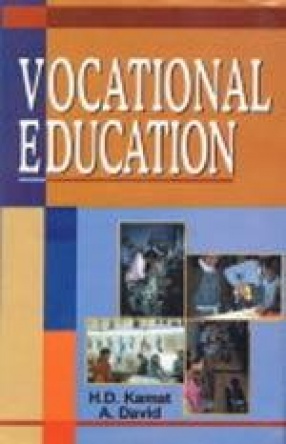

The most significant feature of the modern world is the revolution in knowledge industry. The quantum of knowledge in the modern world has increased to 200% or more as compared to other periods of human history. Besides this the means of communication have further speeded up the increase in knowledge and has helped man in his quest for more knowledge. All these factors have made it necessary for educationists all over the world to improve education and its ...

Population Education is said to be the process of developing awareness and understanding of population situations as well as national attitudes and behaviour toward those situations for attainment of quality of life for the individual, the family, the community, the nation and the whole world, or population education can also be defined as the process of understanding population issues and enhancing the life skills for empowerment to improve the quality of life ...

Adult education, offers of educational opportunities to those adults who have never been to school or were not able to complete their basic education due to certain reasons. In many countries, during last few decades governments have established departments of non-formal education as part of their education ministries and have given them responsibility for all adults and out of school education along with the responsibility of co-ordinating with adult education ...

The language first learned is called one's native language or mother tongue; both of these terms are figurative in that the knowledge of particular languages is not inherited but learned behaviour. Nonetheless, since the mid-twentieth century linguists have shown increasing interest in the theory that, while no one is born with a predisposition toward any particular language, all human beings are genetically endowed with the ability to learn and use language in ...

Non-formal education means any organised educational activity outside the established formal system--whether operating separately or as an important feature of some broader activity--that is intended to serve identifiable learning clienteles and learning objectives. Non-formal education became part of the international discourse on education policy in the late 1960s and early 1970s. It can be seen as related to the concepts of recurrent and lifelong learning. ...

Primary Education consists of first years of formal education that occurs during childhood. In most of countries, it is compulsory for children to receive education, it generally begins when children are three to five years old. It is where children learn to move and learn in the absence of parental intervention under the guidance of a teacher, children steadily advances classes, until they complete it and move on to secondary schooling. Usually children are ...

The purpose of the book "Principles of Education" is to analyse the trends in contemporary Indian education system and also to analyse that towards which direction the Indian education is progressing. On the other hand, it also lays down the broad principles on which national scheme of education should be formulated. Svadharma has been cherished the principles of India education philosophy since the ancient times to present day. Any educational system ...

Technical education is an integrated, experience-based instructional programme designed to prepare students to be knowledgeable about technology--its evolution, systems, technologies, utilization, and social and cultural significance. It results in the application of mathematics and science concepts to technological systems in areas such as, but not limited to : construction, manufacturing, communications, transportation, biotechnology, and power and energy. ...

The ways that teachers organise learning situations to help students to learn can be called teaching techniques. When choosing and planning teaching techniques, one should consider the type of learning involved, the ways that different people like to learn, and the context in which they are learning. It can be useful to group teaching techniques into families that share some features. Good teaching is as much about passion as it is about reason. It's about not ...

The unemployment ratio in India has acquired dangerous proportions. This has made us realize that it will be a futile exercise to spend time and energy on academic courses. Academic courses do not equip our children for a job. As a result, today, there is a tendency among students to join some technical educational institutions rather than joining some academic courses. They have begun to acknowledge the importance of technical education to secure a decent job. ...
